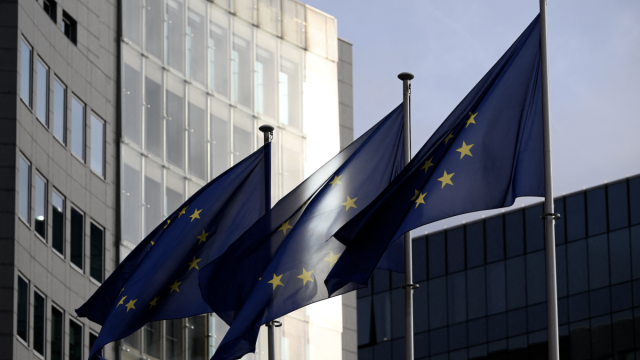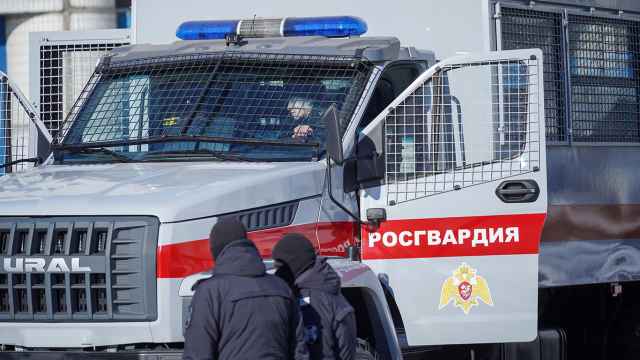The October Revolution will be considered a "process" and the term "bloody butcher" won't be applied to Soviet leader Josef Stalin or his henchmen. Russian historians are on their way to creating a single standard for how history is taught to schoolchildren.
Historians from the Russian Academy of Sciences reached several agreements on how to teach Soviet and post-Soviet history in schools, Kommersant reported Friday. Their recommendations are being weighed up by the Russian History Society as it finalizes a set of standardized history textbooks that will be sent to President Vladimir Putin for his consideration by Nov. 1.
Controversial events from the Soviet period currently have different explanations in school textbooks so the government is working on creating a standard on how the events will be interpreted.
Historians reached a consensus on Thursday that the 1917 October Revolution is not a concrete event but a process, said Sergey Zhuravlyov, deputy head of the Academy's Russian History Institute. The events of February 1917, currently known as the February Revolution, should signify the start of the revolutionary process. The October Revolution would then be a second upheaval in the line of events and also the symbolic start of the Civil War.
Stalinist repressions were not a spontaneous occurrence but were "in accordance with the logic of proletarian dictatorship that the Bolsheviks established in the country," Zhuravlyov said. Historians also rejected bold characterizations such as an "effective manager" and "bloody butcher" with regard to the key personalities involved in the repressions.
Historians agreed that the Soviet Union reached its peak in the 1960s and that Mikhail Gorbachev's reforms were positive, though too late.
They disagreed, however, with the Russian Historical Society's proposal to teach historical events that took place until 2000 and argued that school children must study events up to 2012 to get the necessary educational discipline.
A Message from The Moscow Times:
Dear readers,
We are facing unprecedented challenges. Russia's Prosecutor General's Office has designated The Moscow Times as an "undesirable" organization, criminalizing our work and putting our staff at risk of prosecution. This follows our earlier unjust labeling as a "foreign agent."
These actions are direct attempts to silence independent journalism in Russia. The authorities claim our work "discredits the decisions of the Russian leadership." We see things differently: we strive to provide accurate, unbiased reporting on Russia.
We, the journalists of The Moscow Times, refuse to be silenced. But to continue our work, we need your help.
Your support, no matter how small, makes a world of difference. If you can, please support us monthly starting from just $2. It's quick to set up, and every contribution makes a significant impact.
By supporting The Moscow Times, you're defending open, independent journalism in the face of repression. Thank you for standing with us.
Remind me later.





